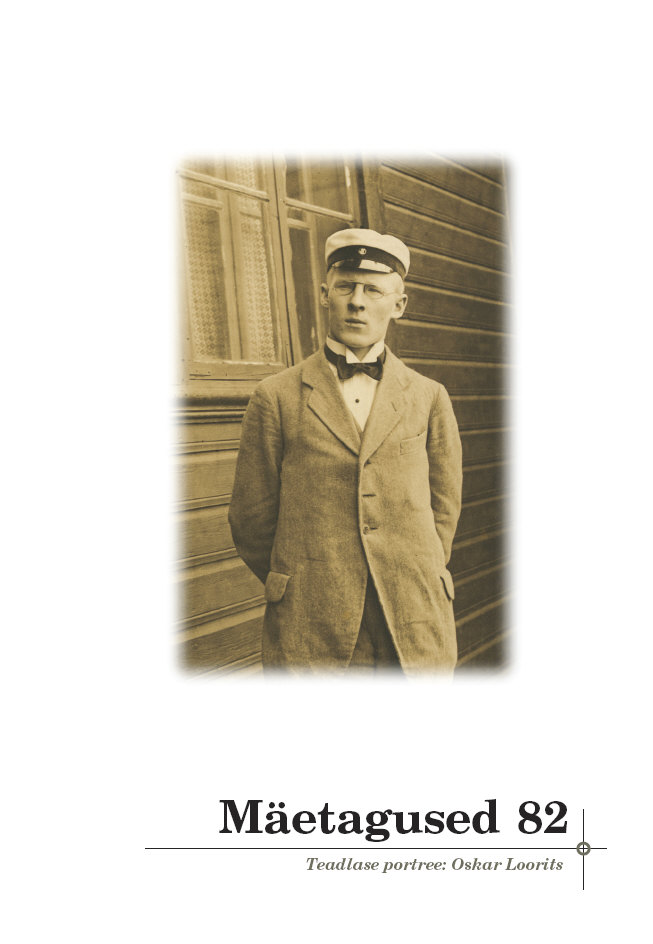Jumalad sõjas: jumalik toetus ja sõdade teoloogiline õigustamine muistses Anatoolias ja Põhja-Süürias
Gods in wars: Divine support and the theological justification of war in ancient Anatolia and North Syria
Author(s): Vladimir Sazonov, Joanna TöyräänvuoriSubject(s): Customs / Folklore, Cultural Anthropology / Ethnology, Culture and social structure
Published by: Eesti Kirjandusmuuseum
Keywords: Alalaḫ;Anatolia; divine support; gods in war; Hittites; justification of war; North Syria; Ugarit;
Summary/Abstract: As we can see, divine support, divine intervention, and an ideology of (divine) warfare developed in the Hittite world throughout the whole of Hittite history and became better formulated and more complex with the passing of time, reaching their apex during the New Kingdom Period. If we can observe barely any divine support for Anitta’s deeds in the Text of Anitta, then Ḫattušili I, who ruled 100 years later, already elaborated this phenomenon more explicitly and referred to gods in support of his aggressive politics and military actions (The Annals of Ḫattušili I). The phenomenon of divine support for war can be found in an even more sophisticated and developed manner during the New Kingdom, in the Annals of Tudḫaliya I, in the Manly Deeds of Šuppiluliuma and in the annals written by Muršili II, etc. In some cases, we even have outright theological justification of wars. As we can see, ideology, religion, and theology played an insignificant role in conflict and warfare and especially in the divine support of war in Hittite Anatolia at the time of Anitta in the 18th century BCE. This, however, changed dramatically across the time, and in the Annals of Ḫattušili I, the role of gods increased considerably, and the king began to refer to the gods in justification for his actions (also in war). Later, in the epoch of the New Kingdom, since the time of Tudḫaliya I, and especially since Muršili II, the role of the gods became even more elaborate and sophisticated, and the kings mention several gods or a group of gods, instead of only two or three of them (as was done by Ḫattušili I) which helped them in wars and in military campaigns. We have several pieces of evidence from Hittite sources in which the ruler uses proper theological justification for his military campaign or for the invasion of another country, and the most elaborate of these are the annals of Muršili II. Similar themes of divine support and the occasional theological justification of war are also found in the texts of the vassal kingdoms of the Hittite Empire, with the exception that, on the ideological level, the Hittite kings were the representatives of the gods for the Syrian kings. This is a clear difference between the texts from the core area of the Hittite Empire and the texts from the kingdoms of the Hittite ambit. Many of the wars fought by the major international players of the Late Bronze Age were fought on the battlefields of North Syria, which is why war is a common occurrence in the texts of the peoples based there. Unlike in the Hittite texts, the petitioning of the gods before military undertakings is a common trope in the texts from Ugarit and Alalaḫ. The same may have been true of the other Syrian vassals of the Hittite kings, but fewer texts have remained from them. These petitions were also accompanied by rituals meant to ascertain good fortunes in war. The petitioned deities changed depending on the place of origin of the petitioner and the place that was attacked. Both one’s ancestral gods and the gods of the enemy needed to be respected for a campaign to be successful, and peace could also be made on behalf of the gods of both parties only. In the North Syrian kingdoms, proper conduct of war concerned not only the present but also the past and future generations. A victory or defeat could be decided by the conduct of one’s ancestors, and teaching one’s descendants the proper way to petition the gods for success in war was supremely important. While the storm god was likely the most important deity concerning the theological justification of war among the North Syrian kingdoms, this role of the god is not always clearly formulated in the texts. Goddesses were also petitioned for success in war, but there was a clear difference in how common soldiers and kings apprehended the gods, especially the widely popular warrior goddess Anat. While soldiers and warriors looked to the goddess for success in battle, she functioned as the nursemaid of the king. While the petitioning of divine support for military undertakings was likely shared by kings across the entire ancient Near East, Anatolia and North Syria formed a cultural ambit where influences were readily exchanged both from Anatolia to Syria and from Syria to Anatolia. In the texts from these areas, we can see details and motifs that are particular to either region but also themes that are shared by both areas. It is noticeable that the political relationship of overlord and vassal or subject kingdom can be seen not only in the political correspondence of the kingdoms but also on the ideological level, in the texts that the Hittites wrote for their own gods and the Syrians wrote for theirs. The hierarchical relationships of the kingdoms of Anatolia and North Syria are so ingrained that they influenced the very core of how the divine support of war was formulated in the texts.
Journal: Mäetagused. Hüperajakiri
- Issue Year: 2022
- Issue No: 82
- Page Range: 147-174
- Page Count: 28
- Language: Estonian

